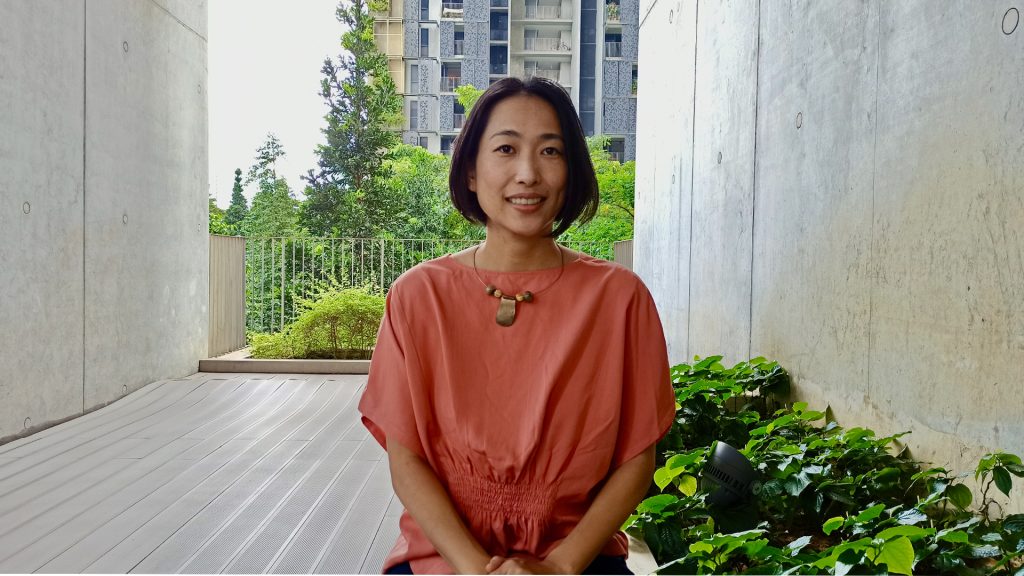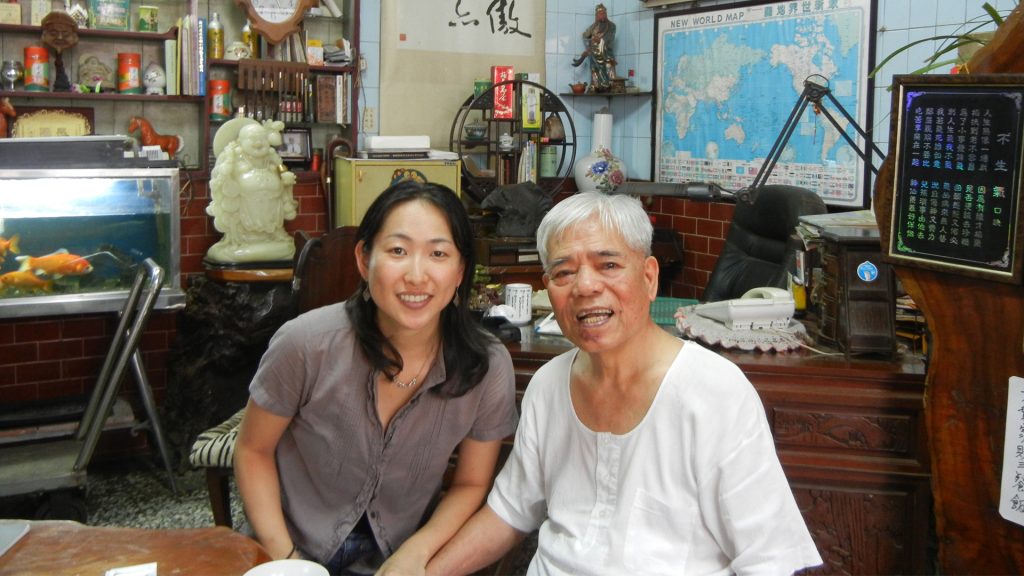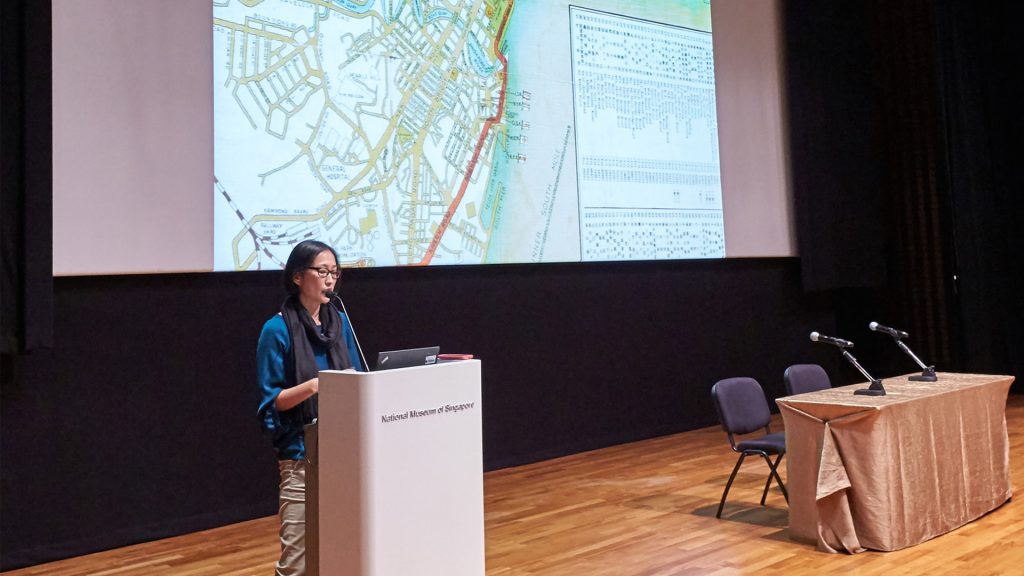Lessons in Peace from the War Stories of Ordinary People
June 22, 2022
IN BRIEF | 10 min read
- Presidential Young Professor Sayaka Chatani (NUS History) has a lifelong passion in understanding why people fight, in the hope of bringing peace to the world.

She was growing up in Japan when one day, her elder sister told her about the atomic bombs that fell on her country. Her sister said there were thousands of nuclear weapons and if anyone “pushed the button on it”, they would all die.
“That shocked me, and I had a childish wish to bring peace to the world,” said Presidential Young Professor Sayaka Chatani. She is now pursuing that very goal at NUS History as a specialist in East Asia, fulfilling a lifelong quest to figure out why and how people and countries fight with one another.
Following Her Heart
She had wanted to be a diplomat at first, and had envisioned working at the United Nations. But she became increasingly curious about the mechanism underlying human society and started her doctoral studies in political science. While in the programme, cutting short her project to start afresh on a PhD in history.
The budding historian had realised that what she really wanted to do was to make an impact through the intimate real-life stories of ordinary people. Years before, as a child growing up in a quiet town between Kobe and Osaka, she had eagerly read through her father’s collection of Japanese history novels, while having little interest in her parents’ day-to-day work running a small marketing business. Those books had stimulated a lasting curiosity in seeing things from a more human angle.
She broke the news of her PhD “resignation” to her chief advisor in an email, as he was away on sabbatical. The advisors were supportive but some were “not sure if your career will be ok with a history degree because of, you know, the job market.” But her new PhD advisor told her that “you don’t have to be a historian. History is such a vast field, you can do whatever you want.”
The History of Ordinary People
From her new base at Columbia University in New York, she travelled to Taiwan, Korea and Japan, accompanied by her boyfriend, a political science graduate student she had met in the US and now her husband. She spent two years learning Chinese in Taiwan. She wanted to meet locals who, many years before, had signed up as soldiers to fight for the Japanese empire.
At first she contacted university academics to try to track down the veterans, but found no leads. Then she went looking in the local library and uncovered a journal written by amateur historians. There was a phone number on the back. She called it, and someone answered.
That phone conversation led to a voyage through remote towns in the interior of Taiwan, where she met many of the people who were trained to fight on the front lines during the war. They were already in their 80s and 90s.
She discovered that military training had given the rural youth a sense of achievement, leadership and social victory against the “intellectuals” in the capital cities, although these youths were not necessarily driven by a desire to serve the empire. This and many other precious insights have been preserved for posterity in her book titled Nation-Empire: Ideology and Rural Youth Mobilization in Japan and Its Colonies, which was published by Cornell University Press in 2018.

Assistant Professor Chatani has also fostered close friendships with the Korean community in Japan, who throughout the postwar period engaged in much cultural and economic exchange between Japan and North Korea. Educated Japanese women, many of whom were married to educated Korean men, went to live in Korean slums in Japanese cities to help Korean residents achieve their decolonisation from the imperial past. The Japanese women even took part in traditional Korean ceremonies and sent their children to Korean schools in Japan.
Asst Prof Chatani said of her work, “I hope it will promote mutual understanding and lessen hostility between the two countries, and show how we can establish peaceful ties with one another.” It also fits into one of NUS’ key research foci, Asian Studies, which aims to develop expertise in critical social, political and economic issues in the region.

Spreading the Message of History Far and Wide
Asst Prof Chatani is working on an online collection of primary sources of historical information on all aspects of the Japanese empire. Some entries have even been contributed by undergraduate students who took her Honours-level history seminar at NUS. She is active on social media, trying to raise awareness of historical facts and debunk misinformation about Japan’s imperial wrongdoings. “I think this is a new frontier for historians - to be out there speaking directly to the public,” she said.
She is also passing on her love of history to the younger ones, so humanity’s legacy may continue to be preserved for the inspiration of future generations. Her eight-year-old son already knows more than she does about the two world wars, while her four-year-old daughter recently learned that “mama studies things that happened a long, long time ago!”
About the NUS Presidential Young Professorship (PYP): the PYP scheme supports talented young academics with excellent research track records in advancing their cutting-edge research. More information about the PYP scheme is available here.
This article first appeared in NUSNews on 22 June 2022, as the latest edition of stories in a series (Proof of Passion) profiling the University’s Presidential Young Professors who are at the forefront of their research fields turning creative ideas into important innovations that make the world better.

